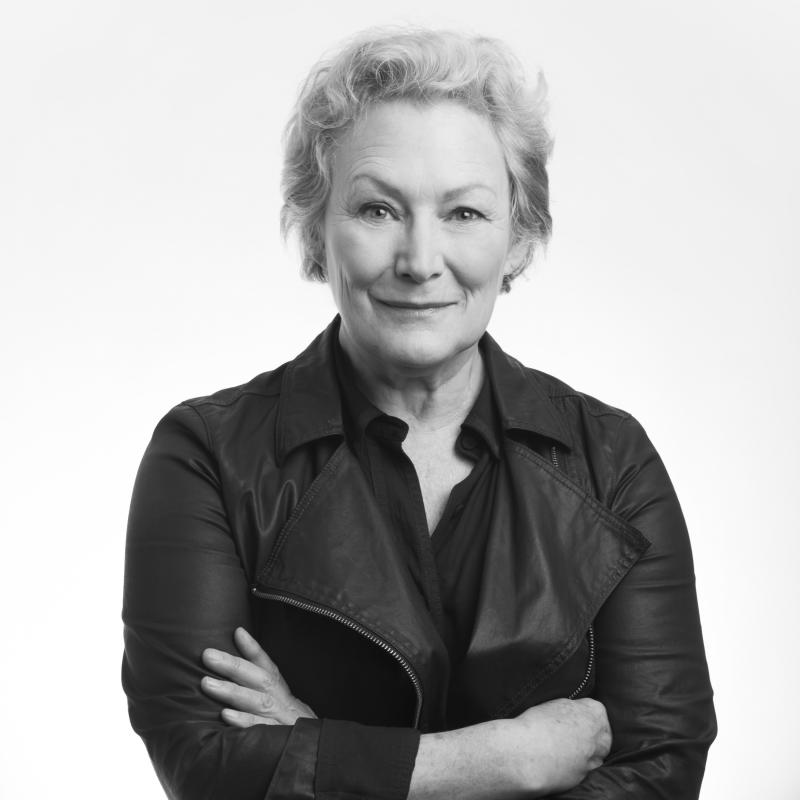Multimedia: Philanthropy in the New Economy

As part of a Labor Day special,TalkPoverty Radio interviewed a series of experts around the issue of labor unions, poverty and philanthropy. Steve Kreisberg, Director of Collective Bargaining, spoke about the importance of unions while Terrence McCoy of The Washington Post discussed his findings of how companies benefit from lead-poisoned, poor black residents of Baltimore.Also on the show was Saqib Bhatti, Director of the ReFund America Project, who revealed the astronomical fees that cities pay for financial services. The show's final expert was Heron president Clara Miller, who talked about the foundation and why it decided to "go all in."
In her segment, Miller began by explaining that, typically, private foundations are given a large sum of money by a generous individual, which is then conventionally invested in the market. Every year 5% of that money is then given as grants to non-profit organizations as mandated by law. The Heron Foundation, instead, made the decision to look at all of our investments as part of the solution, rather than just the 5%.
“We said poverty is systemic, problems are geographically unbounded, they are multi-sector – we need everybody in the game. We can’t pretend that we can solve this without muscular, big public companies and private equity and all sorts of things. Why not use those tools, those are tools of philanthropy. Philanthropy for us is a way of life, it’s not just grant-making. It’s changing the way we live our lives and do business.
When asked about her views on impact investing, she said:
We kind of mischievously say that all investment are impact investments. It’s just that people aren’t aware whether the impact is good or bad on society or on the economy in general or on the people we care about in poverty.
So what we started with is, saying let’s examine the portfolio and see if a company is actually providing decent jobs to people or are they growing in a way that doesn’t demand that they are super extractive of natural resources and labor. That’s the point of view we take and we think that as a philanthropic institution, it’s part of our fiduciary duty, obedience to mission, to make sure that all our assets actually contribute to the common good.
Hungry for more Soundbites? Click here for thought-provoking social ideas, sizzling economic commentary and more that’s worth a listen.
This post was prepared by Shravya Jain.
Comments are closed here.